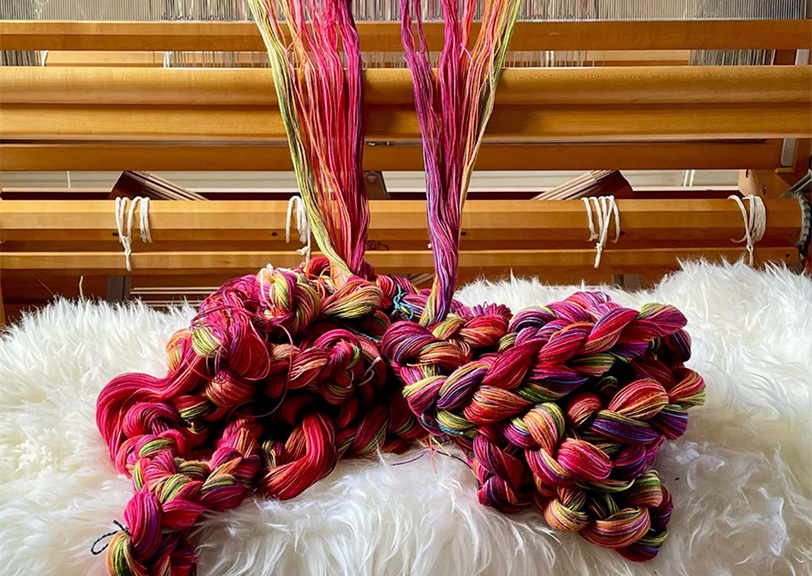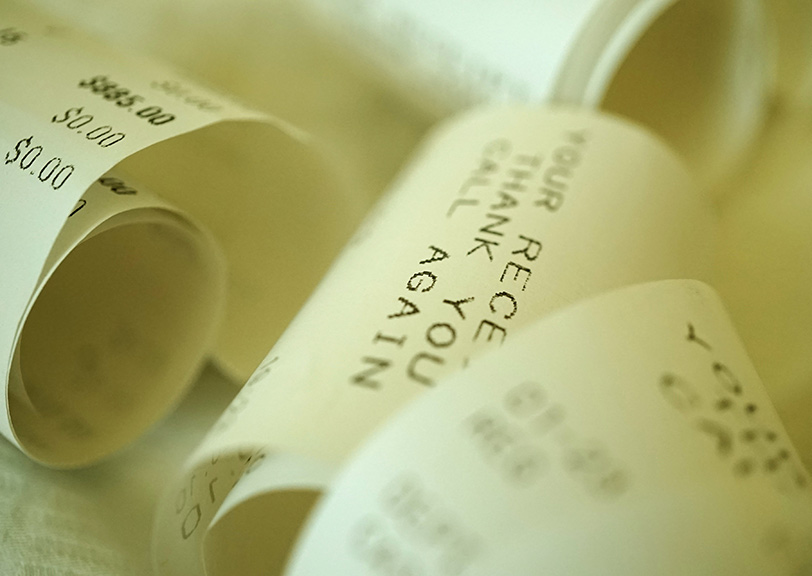ENTER YOUR EMAIL TO RECEIVE OUR WEEKLY NEWSLETTER
I’ll Never Forget … Ella Fitzgerald’s Final Concert at Carnegie Hall, 1991
Even in fragile condition, even with one missed note, the great American jazz singer continued to wow
By Maddine Insalaco
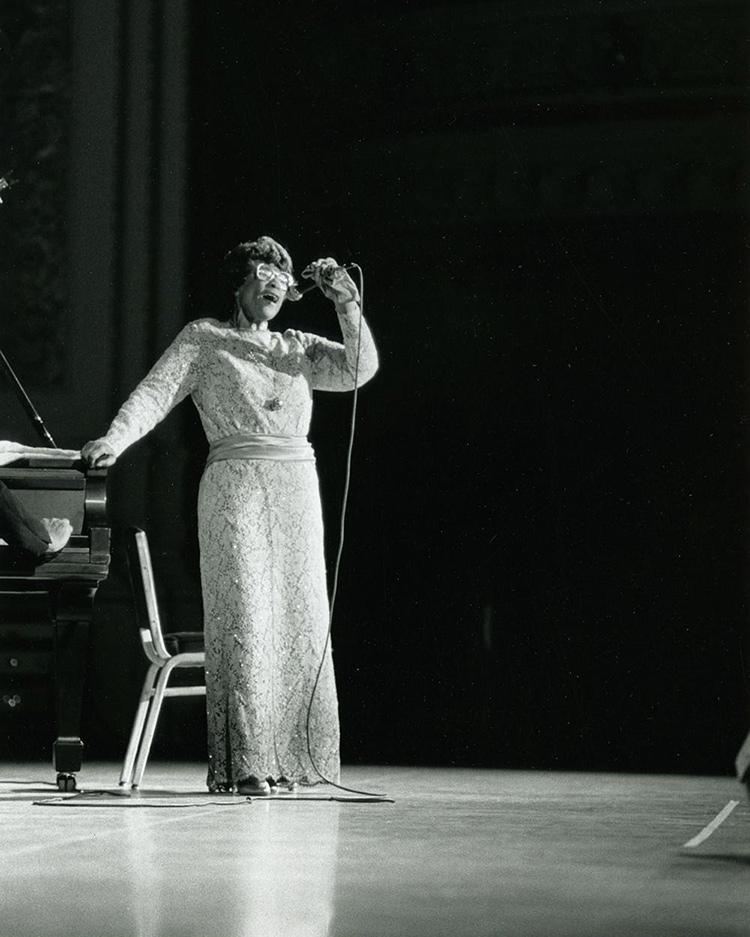
Queen of Jazz: Ella Fitzgerald at Carnegie Hall, 1985. Photo by Steve J. Sherman.
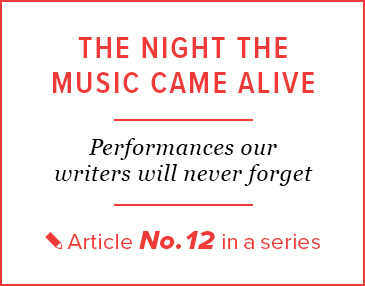 March 15, 2024
March 15, 2024
In June 1991, on a visit to New York from Rome, where I was living at the time, I was delighted to find that Ella Fitzgerald would be performing at Carnegie Hall. Back in those days, her recordings figured largely in the soundtrack of my life. I loved the purity of her voice and her relaxed, seemingly effortless way of singing. But to my great dismay, I discovered that the concert was sold out. A friend and I, who had good jobs and disposable incomes, decided to try our luck with the ticket scalpers. The night of the performance, we agreed on a maximum price, dressed ourselves in the expensive clothes we wore back then, and headed to 57th Street.
What a disappointment to see that a crowd had gathered outside Carnegie Hall with the same intention. It was also difficult to distinguish between sellers and buyers. Unsuccessful in our mission, we circled the sidewalk with increasing dejection. Those around us were becoming unruly and aggressive. That made us nervous. We decided to give up.
But just as we started to leave, an elegant-looking woman approached us and asked if we needed tickets. She had two orchestra seats but was unable to attend and wanted to give them away—free of charge! In a state of complete disbelief, we accepted the offer. Before we could thank her, she vanished as quickly as she had appeared.
Elated with our luck, we hurried inside and found our seats.
Although it was known that Ella Fitzgerald, at age 74, was suffering from health problems, I was not prepared to see anyone other than the round and corpulent form I knew from her album covers. Instead, the figure that emerged onstage was thin and frail. Unrecognizable. Unsteady in her movements, she was accompanied by an assistant. I wondered if this delicate person would be capable of making the beautiful music I knew and loved. I was not alone. The suspense was palpable in the tense silence that spread throughout the audience.
My memory is blank regarding the number of musicians accompanying Ella that night. I also have no recollection of any specific piece she sang or whether or not she performed any of her signature scat singing. However, I vividly recall that as soon as the music began, Ella’s familiar voice filled the theater, instantly dispelling any doubts. It seemed impossible that such a fragile being could be capable of creating such pure, powerful, and arousing sound. She was transformed by art—and so were we. The enthusiasm of the audience was unrestrained. Number after number was followed by wild applause.
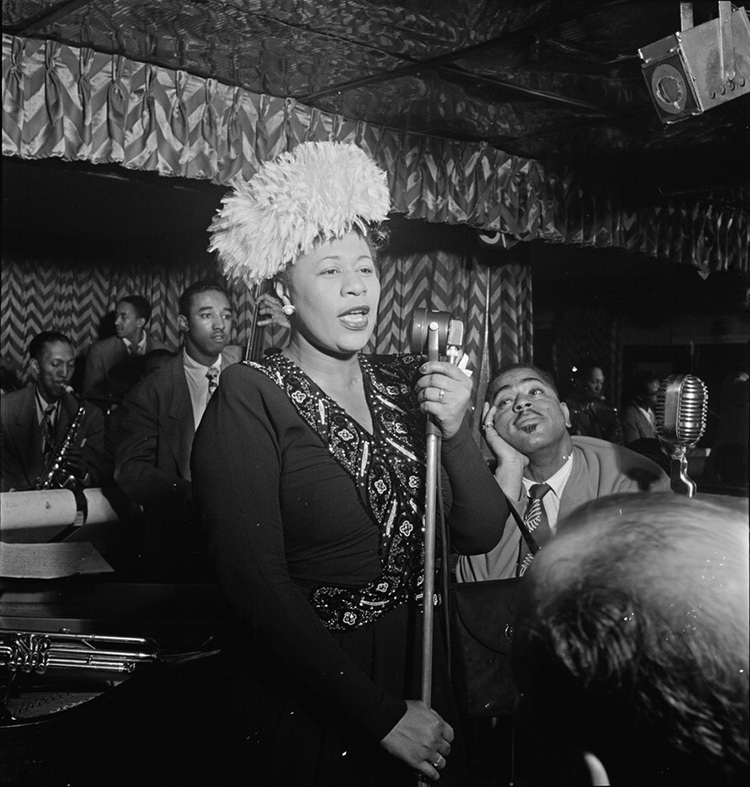
The company she keeps: Ella Fitzgerald on stage at Club Downbeat, NYC, September 1947, with an admiring Dizzy Gillespie on her left, and the bassist Ray Brown behind her, on her right. Photo by William P. Gottlieb.
. . . . . . . . . . . . .
It would have been easy to believe that we were in the presence of some mysterious and otherworldly force for which Ella had become the vehicle of expression. That was until the most unforgettable moment of the concert occurred, which abruptly returned me to earth. In the middle of a now-forgotten song, Ella Fitzgerald missed a note.
The contrast between that errant tone and the beautiful melodies we had just heard could not have been greater. My reaction can best be described as one of shock. The great Ella herself appeared surprised, but she maintained her composure and made it through the end of the song with no further mistakes. The audience was merciless, though, offering only lukewarm applause, which I can still hear to this day. Fortunately, the concert continued with a flawless performance, and Ella regained the audience’s approval in one of the longest standing ovations I have ever witnessed. That was the last time she would perform at Carnegie Hall.
I really understood the meaning of greatness that night. In the space between the missed note and Ella Fitzgerald’s sublime sound was effort. Lots of it. The paradox of her easy, relaxed sound was that there was continual hard, stressful work behind it. Nothing mysterious. Ella was a mere mortal who, in an extraordinarily rare moment, erred and sang a note out of key. While it may seem strange, I am grateful to have heard it because it made me appreciate just how great her remarkable vocal achievements really were.
Maddine Insalaco is a painter who usually divides her life between New York and Tuscany, where she organizes landscape-painting workshops and gastronomic tours with her artist husband, Joe Vinson. Instagram: @maddine_insalaco.



